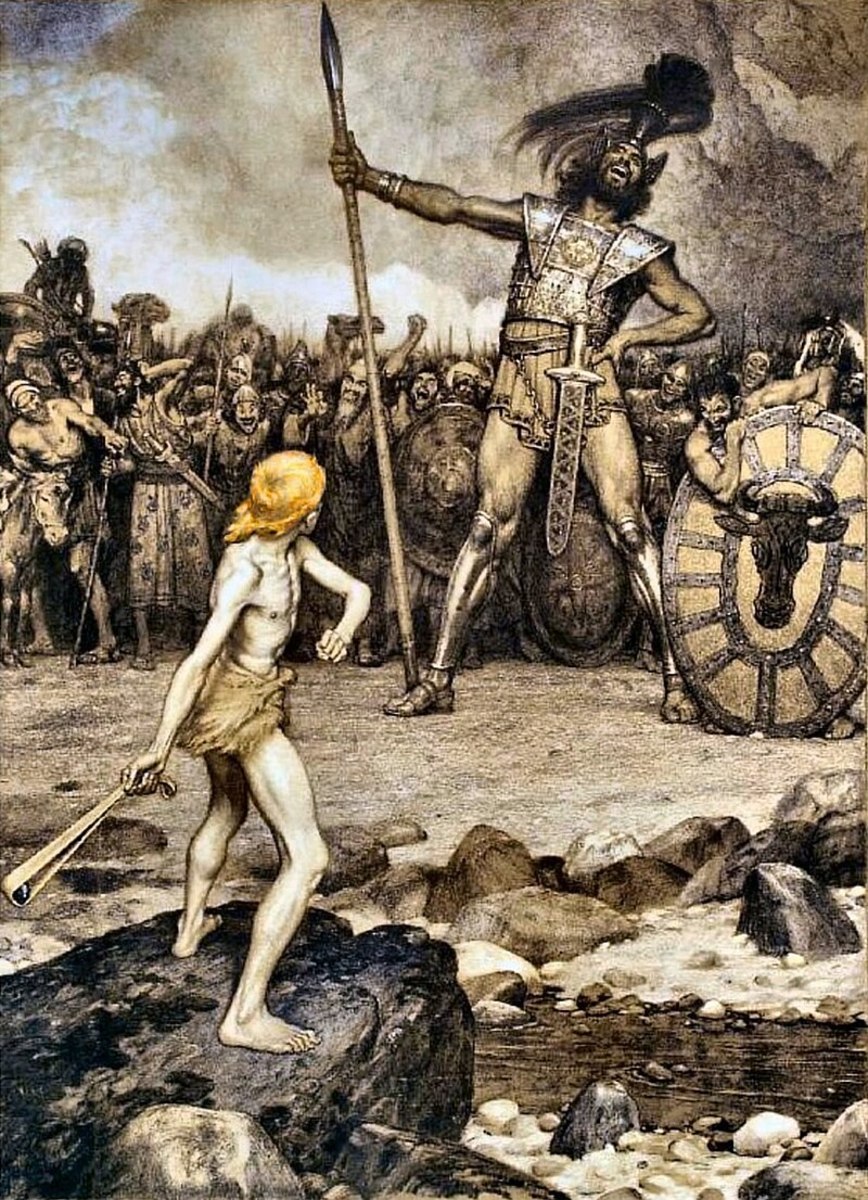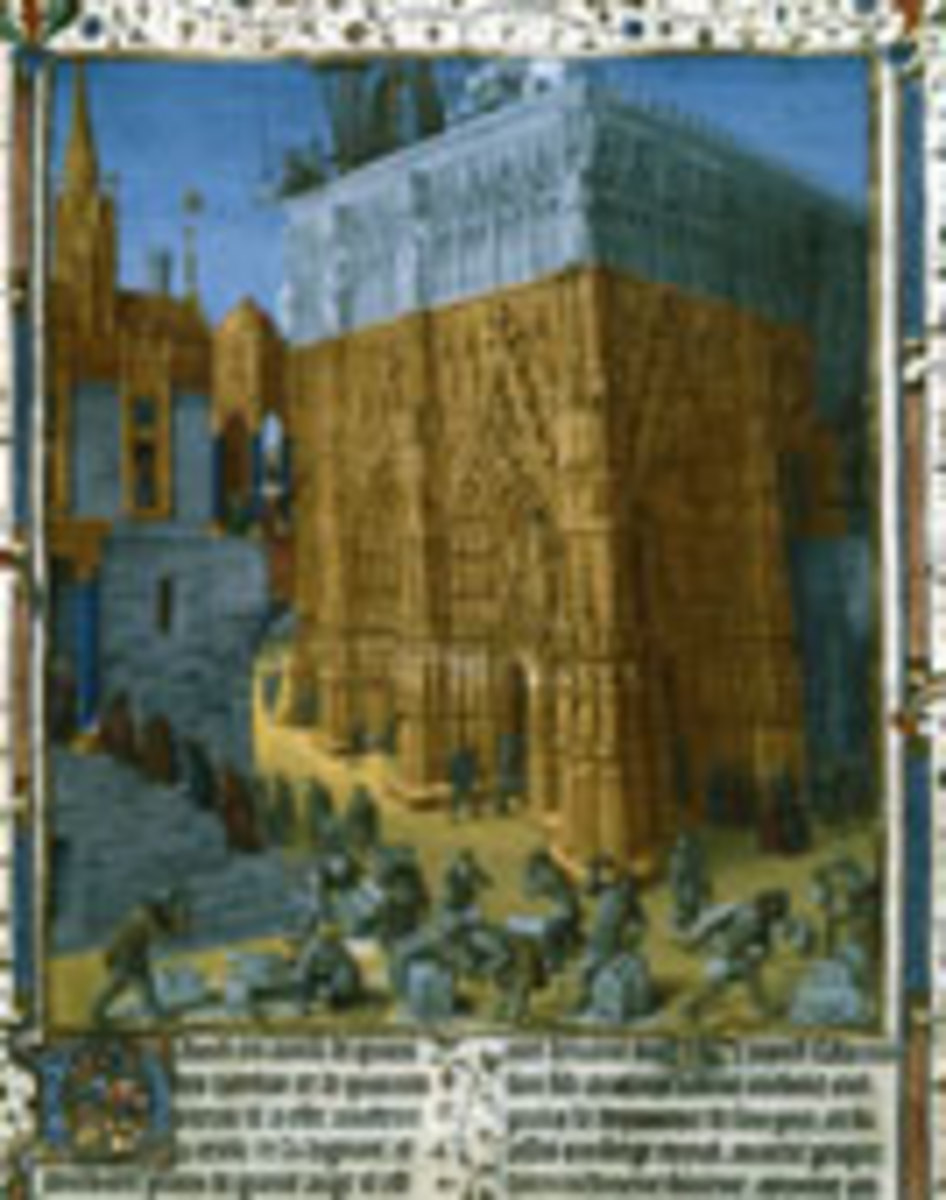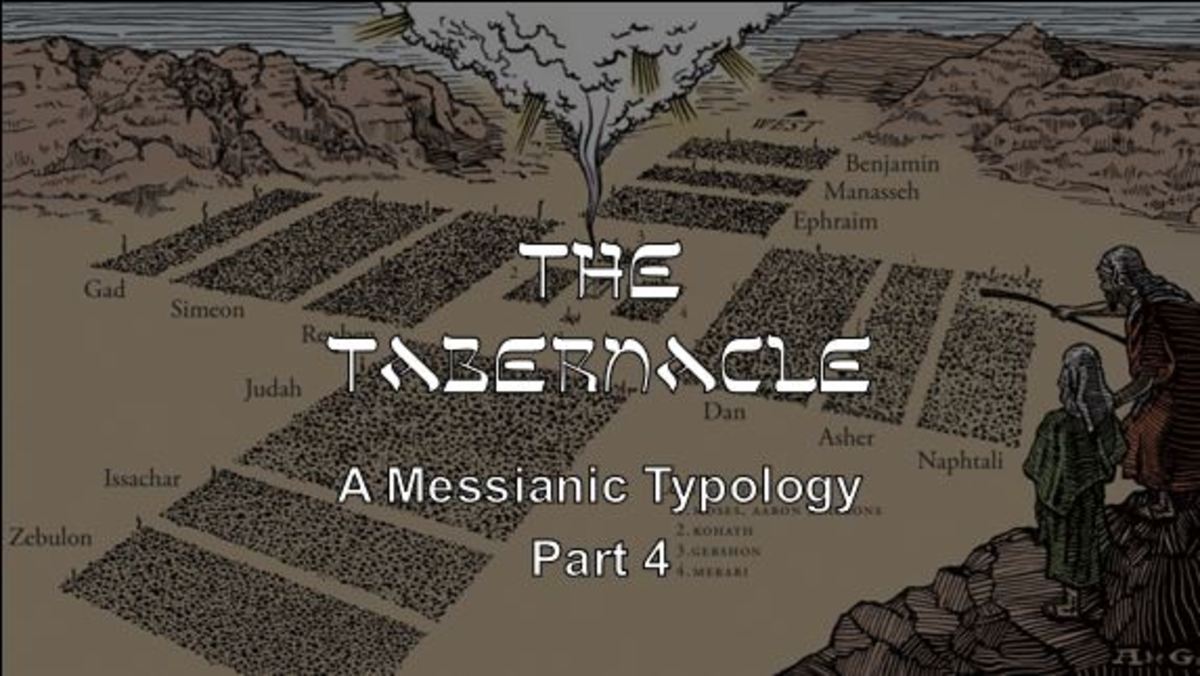Bible: What Does Ezekiel 16-17 Teach Us About Spiritual Adultery?
Jerusalem and Spiritual Adultery
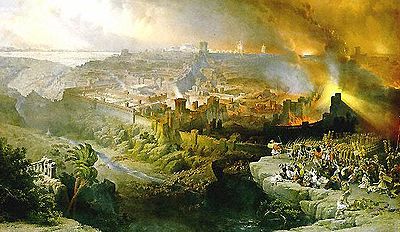
Israel's Early Favored Years
The longest chapter in this prophetic book, Ezekiel 16 records how Israel turned from God's love to consummate many illicit spiritual "affairs" during her history.
The LORD meant this message to cause her to feel shame for her behavior (v. 2).
First, Yahweh narrates how He rescued her from a wretched beginning, depicting her figuratively as the cast-off offspring of degenerate pagan parents (vv. 3-5).
Delivering her from this certain death, however, merely began the relationship.
God raised her to adulthood, and then made a solemn covenantal commitment to her (vv. 6-8).
By bestowing many wonderful gifts upon His loved one—clothes, ornaments, and foods—Yahweh made her not only beautiful, but famous worldwide (vv. 9-14).
Idolatry: Spiritual Adultery

Spiritual Prostitution
Israel, nevertheless, sadly turned her back on her Divine Benefactor and prostituted herself, taking His many good things and debasing them in several ways (v. 15):
(1) His garments became adornments for her places of idolatrous worship (v. 16);
(2) His precious metals she shaped into "male images" (v. 17);
(3) His embroidery covered the images, as she bowed down before them;
(4) His food she made into incense to set before these deities (vv. 18-19); and
(5) His children she sacrificed (''causing them to pass through the fire") [vv. 20-21].
The LORD rebukes their insistence that their harlotry is a "small matter" (v. 20).
Israel had forgotten her youth, and that she began life in danger of losing it very quickly (v. 22).
God makes evident His displeasure as He lists more of Israel's offenses: building a pagan shrine and city-wide places of worship (v. 24) as well as practicing spiritual promiscuity, specifically with Egypt, Philistia, Assyria, and Chaldea (vv. 25-29).
Inasmuch as the nation paid other nations to be her consorts, Israel's harlotry, according to God's estimation, is unlike that of any others (vv. 31-34).
Yahweh addresses Israel as "harlot" (v. 35), and vows to show all her "nakedness" to all her "lovers" (vv. 36-37).
Not only will He judge her for adultery, but the LORD will also permit her lovers to destroy, pillage, and kill her people (vv. 38-41).
All these punishments will occur so that she would no longer hire lovers; afterwards, God's wrath would then cease (v. 42).
He reminds her, however, that His recompense would surely come, because she had forgotten "the pit whence she was dug" (v. 43).
Jerusalem

Two Sisters
view quiz statisticsComparing the Two "Sisters"
In the next section God employs a comparison of Jerusalem with Samaria and Sodom, speaking of these latter cities as sisters.
Wickedness "runs in the family" (vv. 44-46), but Jerusalem exceeds all in corruption (v. 47).
Comparing Jerusalem with Sodom first, God names the latter's sins as pride, self-sufficiency, and an improper usage of time and resources (vv. 48-49).
Secondly, He mentions Samaria's faults, but stresses that the guilt of Jerusalem is so great that Samaria and Sodom's sin fades by comparison (v. 51).
Consequently, He commands the city to "be disgraced and bear your own shame" (v. 52).
Jerusalem's captives will return at the same time God brings her "sisters' " captives back, and they will all "return to their former state" (vv. 53-55).
Because Jerusalem not only did not disapprove of Sodom's sin (v. 56), but also acted as though she herself would not have to pay for her own sin, she will now bear reproach and shame.
The disgrace will not be unlike that which she endured from Syria and Philistia (v. 57).
God has punished Jerusalem according to her deeds because she broke Yahweh’s covenant (vv. 58-59).
Nevertheless, the LORD still promises to establish an everlasting covenant with the nation someday (v. 60).
This act of grace and atonement will cause her to remember her sinfulness and never to speak proudly again (vv. 62-63).
Nebuchadnezzar
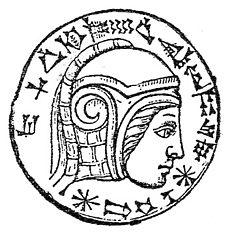
Babylon
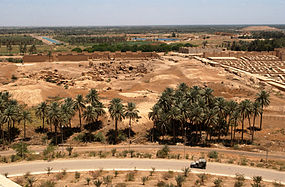
Egypt
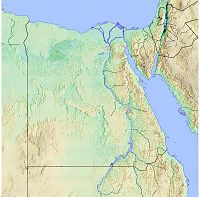
Babylon, Egypt, and Judah
Ezekiel 17
At the LORD's bidding Ezekiel speaks a parable (vv. 1-10) and its interpretation to the house of Israel (vv. 11-21).
The story discusses two great eagles (vv. 3, 7) and a vine (vv. 6-8).
The first eagle (Nebuchadnezzar, v. 12) takes the highest branch of a cedar (Jerusalem's king and princes, v. 12) to a land of trade, a city of merchants (v. 4) [Babylon, v. 12], where he makes a covenant with its topmost young twig (v. 4) [the king's offspring, v. 13].
Nebuchadnezzar also takes "some of the seed of the land" (v. 5) [the mighty, v. 13] and treats it well, so that it prospers greatly (vv. 5, 8) and becomes a healthy vine (v. 6).
But instead of abiding with the first eagle (Babylon), the vine rebels (v. 15) and bends its roots for help toward the second eagle, Egypt (vv. 7, 15).
[A little difficulty may exist here, because the parable speaks of a vine and not a twig as rebelling, but the interpretation seems to indicate that the king's offspring rebels].
The text now questions whether the vine will thrive (v. 9) because it broke its covenant (v. 15).
Clearly, Yahweh spells out its doom; it will wither and die (vv. 9-10, 16).
The second eagle will not deliver it (v. 17), and the vine will not escape (v. 18).
Verses 19-21 seem to speak about Babylon's oath and covenant with Judah as though the LORD had made these promises with His people.
In essence, Judah's welfare under Babylonian control was God's plan for them.
Consequently, when they rebelled against Babylon, they turned against the LORD.
For this reason, He will recompense them (v. 19) by spreading His net over them and snaring them.
Yahweh will bring them to Babylon to stand trial for treason (v. 20), and cause their fugitives and those left to be killed or scattered (v. 21).
The Tender Twig
view quiz statisticsThe Tender Twig
As so often occurs, Yahweh does not leave Israel in despair.
He speaks of the day when He will crop off a "tender" twig from a tall cedar branch and "plant it on a high and prominent mountain" (v. 22).
This twig will then become a majestic cedar, under whose boughs many "birds" will dwell (v. 23).
Its exaltation from lowliness and dryness to prominence will convince all other "trees" that the LORD's hand is with it (v. 24).
[These verses can only refer to the Lord Jesus and His kingdom: He is a tender plant as well as a root out of dry ground (cf. Is. 53:2).
His kingdom will include many "birds" who will dwell under its branches (cf. Mt. 13:31, 32; Mk. 4:30-32).
He is lowly and meek (cf. Is. 42:2, 3; Mt. 11:29)].
© 2014 glynch1

